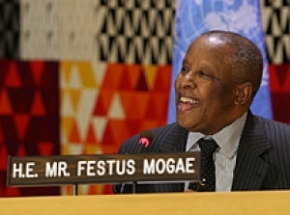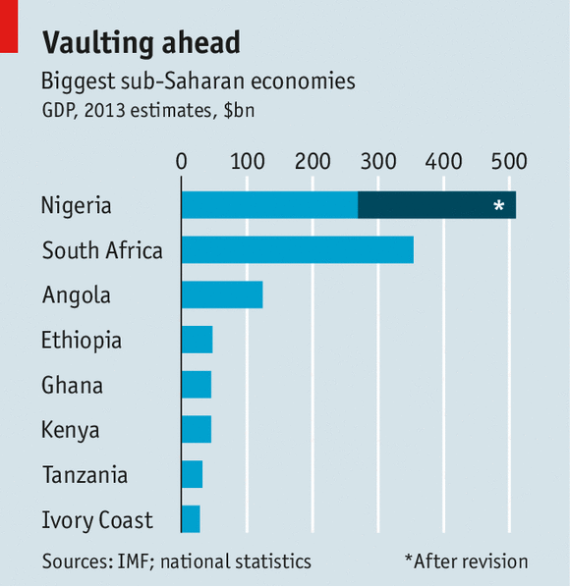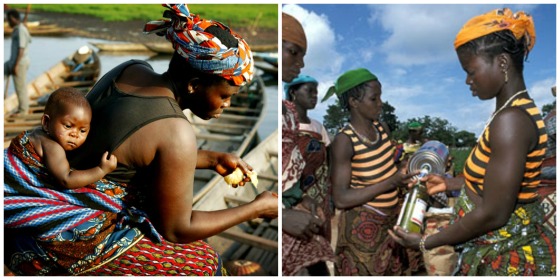
John Atta Mills, former president of Ghana, turns on a valve at the Jubilee offshore oil fields.
The discovery of vast oil reserves in Ghana in 2007 and the beginning of commercial production by Tullow Oil in 2010 have provided a significant boost to the nation’s economy and opened up a host of new opportunities for both domestic growth and foreign investment.

A Tullow oil rig in the offshore Jubilee oil field.
Many have posited that Ghana is better-positioned than other oil-wealthy nations to manage their petroleum resources well because they do not rely on oil exclusively for national income. The newly discovered oil reserves are significant, but the revenue they generated still only represented 6% of GDP in 2010, as Ghana also earns significant portions of GDP from gold and cocoa production.
There is a potential for thousands of new jobs within the industry, but previously, many had gone to foreigners. To remedy this, the Petroleum Regulation on Local Content and Participation was entered into force on February 1st, 2014. Under this new legislation, Ghanaian companies must have a 5% stake or higher in every contract with foreign investors, and Ghanaian businesses are given priority in applications for petroleum licenses. Foreign investors will also need to use predominantly local resources and services for all of their operations. The legislation also includes provisions requiring companies to invest in research and programs to facilitate technology transfer and foster greater local capacity for industrial development. The country experienced an unprecedented 13.4% growth rate in 2011, but greater local participation in the industry would mean that this growth directly impacts more Ghanaian citizens rather than foreign investors. This bill is the first step in a long-range program to transition to predominantly local participation in and administration of the industry, with an ultimate goal of 90% Ghanaian participation by 2020.

A man fill a truck with diesel fuel at a gas station in Accra, Ghana
However, in order for this to be a smooth and successful transition, comprehensive capacity-building and human resource development strategies must also be initiated, as local industry expertise remains in short supply. Currently, many Ghanaian firms related to different stages in the petroleum production industry are small, and most of them tend to specialize in on-shore services. A few capacity-building plans that have been suggested are for international contractors to subcontract more tasks to local firms, and for small, highly specialized firms to join forces to be able to take on larger jobs.
Potential problems include government corruption, appropriation of resources for sale on the black market, and several negative impacts on fisheries–from pollution at drilling sites, sound pollution that drives fish away, and a danger to fishermen when nets or boats are pulled under near drills. However, steps are being taken to address these issues at both the grassroots and the governmental levels, and Ghana is optimistic that this localization of the petroleum industry will translate into an economic boost that will have a positive impact on many in the country.







.jpg)



